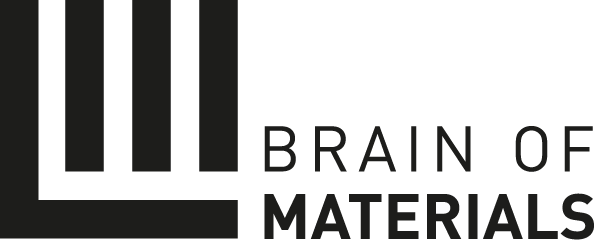Newsletter#2_Assisted Comparison of Material Data vs. OEMs´Technical Regulations
Streamlined Workflows through Informed Comparison: Harnessing the power of comparison enables businesses to streamline their workflows and achieve greater efficiency. By comparing different parameters such as test results, technical data sheet values, and target values, companies can identify areas for improvement and align their processes accordingly. This data-driven approach eliminates guesswork, reduces errors, and allows for faster decision-making, ultimately accelerating the production cycle and enhancing overall productivity.
In the ever-evolving world of manufacturing, delivering exceptional products while adhering to technical regulations is crucial. One of the key factors in achieving this goal is the ability to make accurate and informed comparisons. Enter the Digital Material Passports, a remarkable instrument within the Brain of Materials that empowers businesses to compare various parameters and make data-driven decisions. In this emotionally engaging article, we will explore the profound advantages that come with the power of comparison, enabling businesses to streamline workflows, enhance collaboration, and select the perfect materials for their products. Join us as we embark on a journey to discover the incredible possibilities that arise from leveraging the art of comparison.
1. Streamlined Workflows through Informed Comparison: Harnessing the power of comparison enables businesses to streamline their workflows and achieve greater efficiency. By comparing different parameters such as test results, technical data sheet values, and target values, companies can identify areas for improvement and align their processes accordingly. This data-driven approach eliminates guesswork, reduces errors, and allows for faster decision-making, ultimately accelerating the production cycle and enhancing overall productivity.
2. Enhanced Collaboration for Optimal Material Selection: Comparison serves as a catalyst for collaboration, enabling seamless communication and understanding between OEMs and suppliers. Through the Digital Material Passports, businesses gain access to comprehensive information about raw materials, parts, and assemblies. By comparing the properties, characteristics, and performance of different options, OEMs can collaborate with suppliers to select the materials that best align with their specific requirements. This collaborative approach ensures that the chosen materials meet the desired standards, enhancing the quality and reliability of the final product.
3. Optimizing Product Development with Early-Stage Comparison: The power of comparison extends beyond the production phase; it begins early in the product development process. By leveraging the art of comparison, businesses can assess and compare materials, colors, grain, and textures during the design stage. This allows OEMs to align their vision with the desired aesthetic and functional attributes, resulting in a cohesive and harmonized product. Early-stage comparison enables effective decision-making, facilitates design freeze, and ensures that the final product not only meets but exceeds customer expectations.
4. Driving Excellence and Compliance with Regulatory Standards: Comparison is a powerful tool for ensuring product excellence and compliance with technical regulations. By comparing test results, technical data sheet values, and target values given in OEMs Technical Regulations, businesses can validate the suitability of materials, identify any discrepancies, and make necessary adjustments. This data-driven approach ensures that products meet the specified standards, promoting customer satisfaction, and establishing trust in the brand's commitment to quality and compliance.
5. Making Informed Decisions for Sustainable Growth: Comparison empowers businesses to make informed decisions that drive sustainable growth. By comparing material properties, environmental impact, and carbon footprint, companies can select materials that align with their sustainability goals. This proactive approach promotes responsible manufacturing practices, reduces environmental impact, and contributes to a greener future. By leveraging the power of comparison, businesses can make conscious choices that align with their values and resonate with environmentally conscious consumers.





